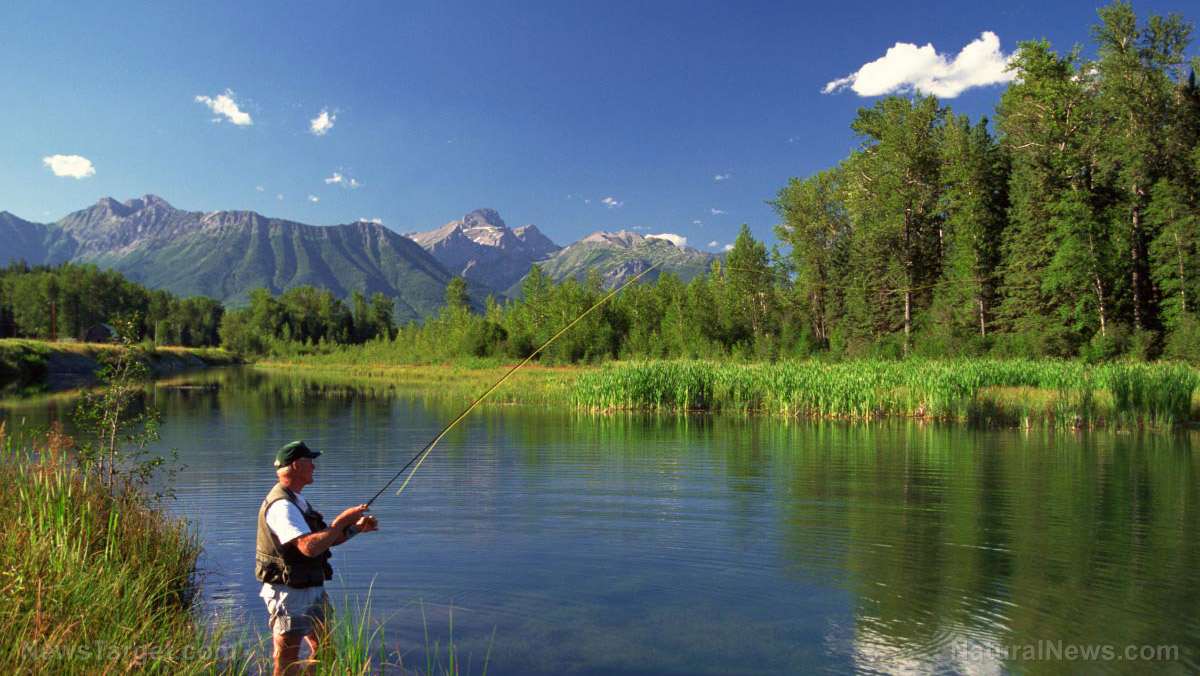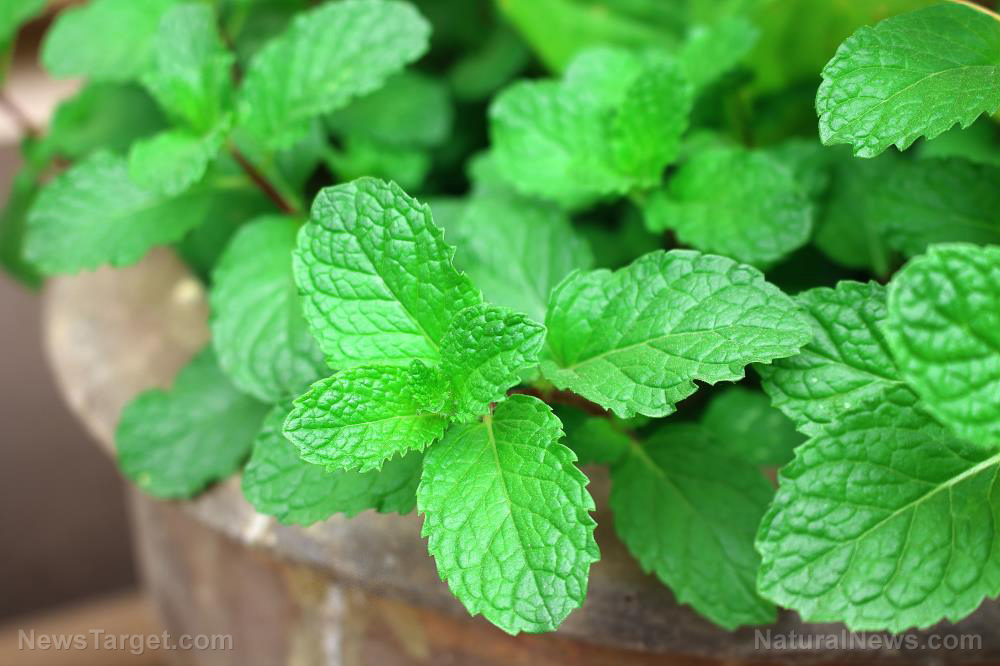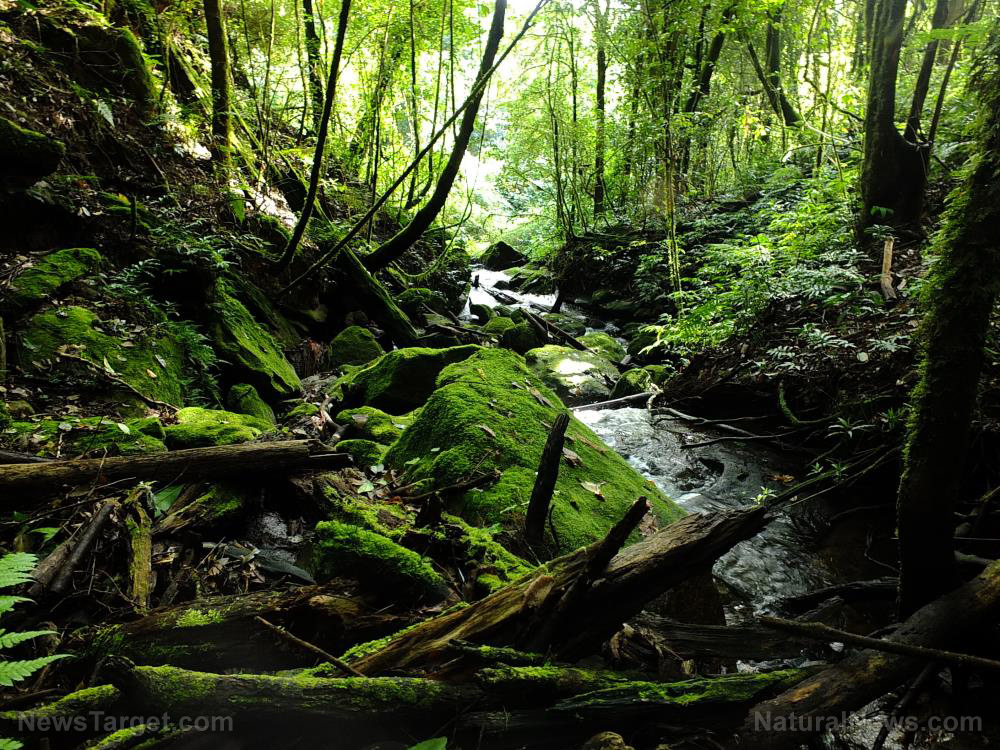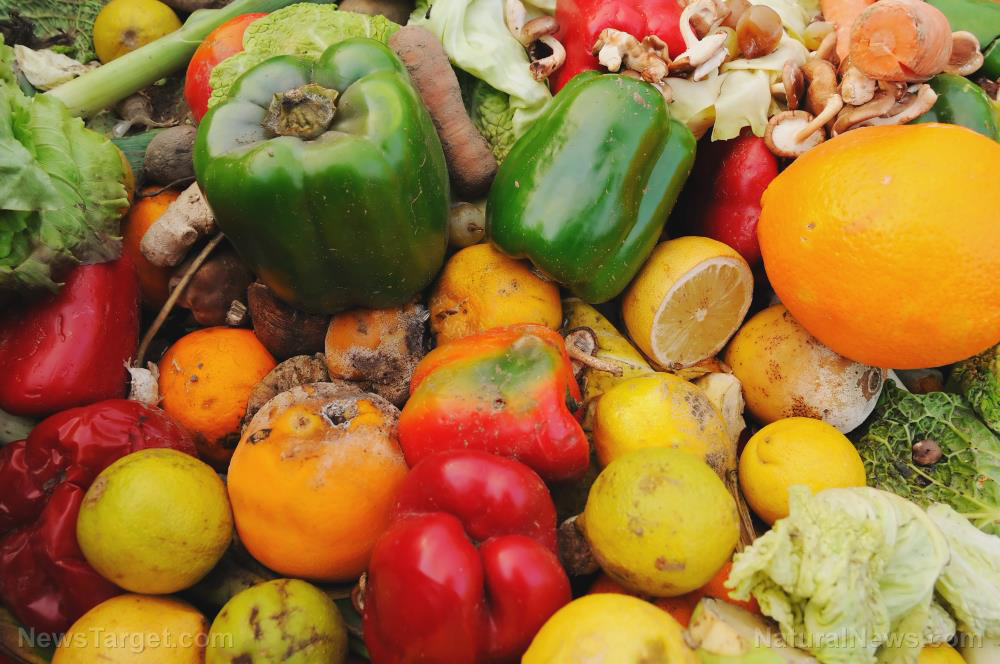Constructing a firm greenhouse foundation so you can still plant in the ground
01/19/2016 / By usafeaturesmedia
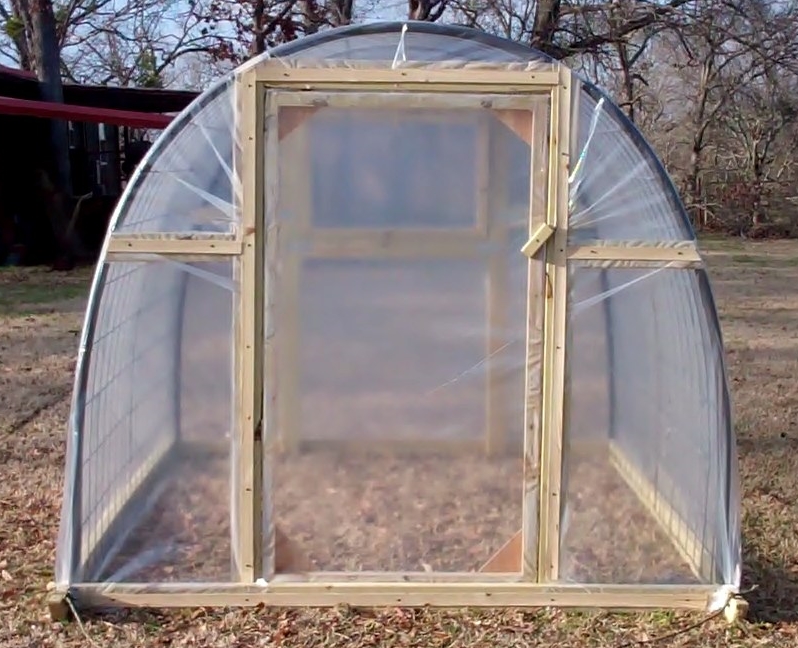
(Homesteading.news) Being able to grow food year-round is important to homesteaders, but if you live in a part of the country where winter brings colder temps and snow, you also know that it’s impossible to grow food without a greenhouse.
But many homesteaders value the sanctity and wholesomeness of the Earth. If you’re one of them, then this greenhouse project is for you because it will allow you to plant directly into the ground, even if you live in the extreme northern part of the country.
The one thing you’ll need, however, is a good sturdy foundation, in order to keep your greenhouse on steady footing year-round and as the winter cycle freezes, then thaws, the ground outside your structure.
While most greenhouse kits you can buy commercially recommend either pouring a concrete foundation or using railroad ties, you can also construct a heavy frame out of other wood. As noted by Common Sense Home, these homesteaders settled on the following design:
There are six 8″ concrete tube footings (one at each corner and one midway down each of the 20 foot sides). These are tied together with 20 foot long 2″x10″ boards (stringers) bolted through each of the concrete tubes and 10 foot long 2″x10″ boards (stringers) bolted into the 20 foot long boards. This box frame is back filled with dirt to eliminate any space where varmints might want to move in and maintain a more uniform temperature and moisture distribution around the wood. Finally, the box frame is capped off with 2″x12″ boards and the greenhouse is secured the the 12′ wide boards.
The designers note further that when choosing wood for the frame, chose wood that is recommended for below-grade installation – your local lumberyard will know what that means. Understand that the wooden frame will be sitting damp for a long time and if it’s the wrong type or used in the wrong way, it won’t last. The key is getting your greenhouse to perfectly square with your frame, to keep out cold air.
But you can choose another design. In fact, the “Quonset hut” design is also very popular.
Now, there are other things to consider before building your greenhouse:
- Here comes the sun: Choose a spot on your property where the greenhouse will get at least six hours of sunlight per day (and remember, during the winter months days are shorter as it is). In warmer months some afternoon shade probably won’t hurt. Also consider that most commercial growers choose a north-south alignment so light is evenly distributed.
- Location, location: The spot you choose should be level, of course, and drain well. You may still have to do some leveling.
- Shelter from the storm: Many greenhouses are made of lightweight materials; heavy plastic panels make great wind sails! So, try to find a spot that may have some natural windbreaks like hills or trees.
- Can you get to it? Ease of access is an important factor in deciding where your greenhouse should be, especially if you experience inclement weather like rain or snowfall. Also, is it accessible by tractor and/or wheelbarrow?
- Prepping the ground: Once you’ve selected your spot, begin preparing the ground and mark off where you’re going to put your posts. Make sure that your marked area has squared corners. The short video below will show you how:
- Assemble the base and house: The video below will show you how to construct your greenhouse box frame and how to attach the greenhouse to it:
Don’t forget that many hands make light work. You have some friends, no doubt, who would not only love to help out but likely want one of their own once they see yours (and you can return the favor when they build theirs).
[H/T: Common Sense Home]
Homesteading.news is part of the USA Features Media network of sites.
Tagged Under: greenhouse



